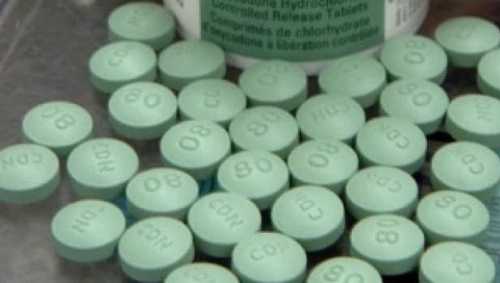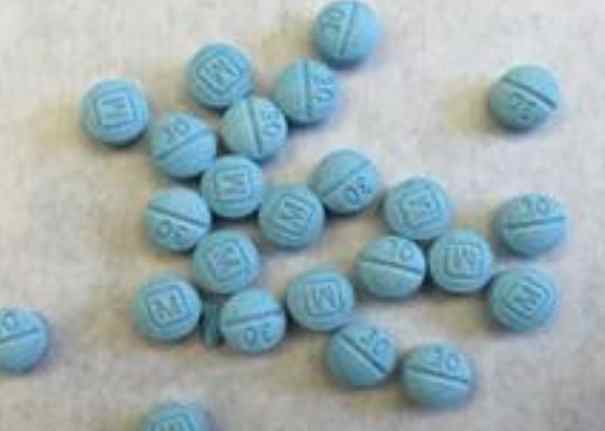
Following a two-year investigation into the death of Rock superstar Prince, investigators announced that no criminal charges will be filed in his Fentanyl overdose death. Carver County Attorney Mark Metz said during a press conference today that neither Prince or those close to him knew that he was taking fake Vicoden laced with the powerful synthetic opioid.
The 57-year-old performer was found unresponsive in the elevator of his Paisley Park home on April 21, 2016.
Metz stated to reporters “To actively charge a crime requires probable cause and a reasonable likelihood of conviction. The bottom line is that we simply do not have sufficient evidence to charge anyone with a crime related to Prince’s death.”
Investigators in the case said that there was no evidence that the fake painkiller was prescribed to Prince by any doctor and there was no evidence as to who delivered the painkiller to him.[xyz-ihs snippet=”adsense-body-ad”]”There’s no doubt that actions of individuals around him will be criticized in coming days but suspicion and innuendo are categorically insufficient to support bringing charges,” Metz said.
Just prior to the announcement by the County Attorney, the Minnesota U.S. District Attorney’s office reported that they had reached a civil settlement with the doctor, Michael Todd Schulenberg, who had prescribed oxycodone to one of Prince’s bodyguards, Kirk Johnson, knowing that the drugs were for Prince a week before his death.
Six days before his death, Prince suffered an overdose while on his jet and his plane was diverted Moline Illinois where he was taken to the hospital for what was described as the “Flu.”
Schulenberg agreed to a settlement of $30,000 in the civil suit for violating the Controlled Substances Act earlier Thursday morning.
During the investigation, large amounts of capsules stamped “Watson 853,”the designation for acetaminophen/hydrocodone, was found in Aleve and Bayer Aspirin bottles in various rooms in the house. In addition, different types of controlled substances were found in prescription bottles stamped with Johnson’s name in Prince’s dressing rooms.





